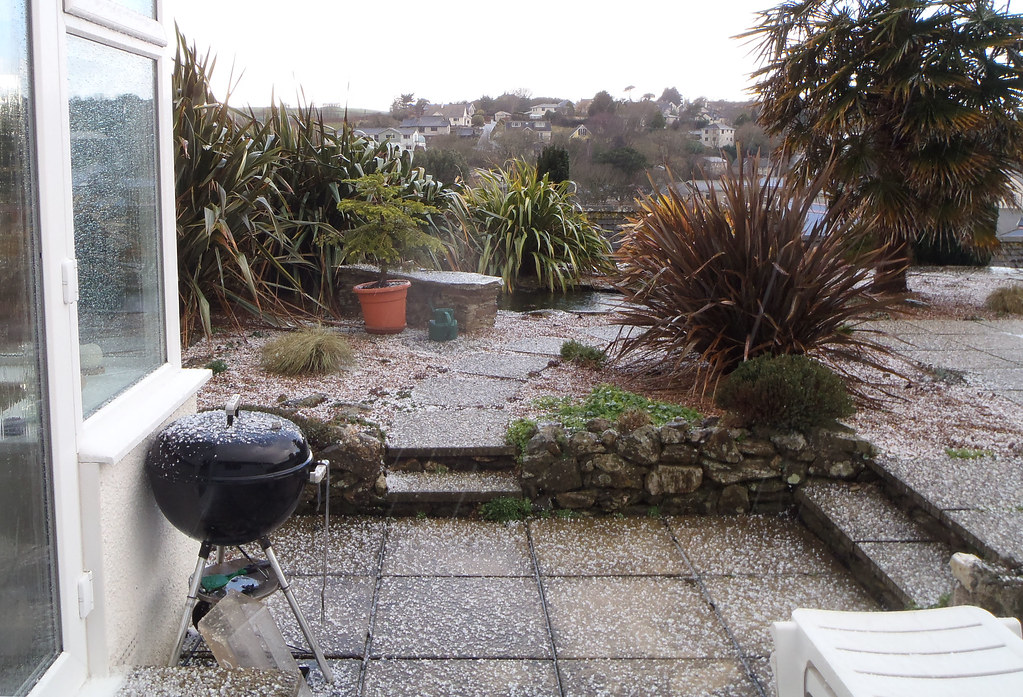- Joined
- Mar 1, 2009
- Messages
- 1,095
- Reaction score
- 206
- Location
- S Warwickshire, uk
- Hive Type
- National
- Number of Hives
- 40
A request for help:
Which author(s) do I look up for the published work on the characteristics of offspring from purebred x local bees?
Not too wary of specialist genetics literature as would like to read up beyond the anecdotal reports.
Which author(s) do I look up for the published work on the characteristics of offspring from purebred x local bees?
Not too wary of specialist genetics literature as would like to read up beyond the anecdotal reports.
















































